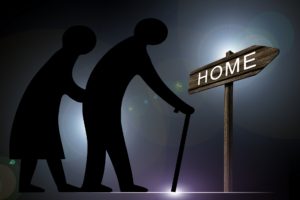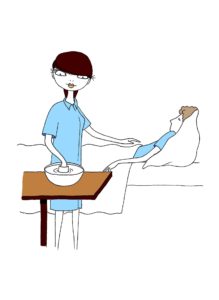This post comes as a result of a question posted on Avvo. The question went something like this…”My fiancé of two years had a massive stroke and his family won’t let me see him. We live together and share household expenses we’ve lived in the home for two years. Since his stroke, his children will not allow me to contact with him, but last I saw him I was told by him he was coming home and to take care of the home. There is no POA that I know of. What are my rights?”
Answer:
Whether or not your fiancé has a Power of Attorney is not as important as whether he has an Advance Medical Directive; the latter document controls health care decisions.
You do in fact have rights, but having your rights recognized may involve the cost and time of filing a petition in court. It is possible that your fiancé’s health care facility is not aware of the hierarchy of individuals who may step in as a “Health Care Representative” and you should talk to them first.
Section 5461 of Title 20 of Pennsylvania law explains the hierarchy. Although a spouse, children, sibling or grandchildren would normally have precedence over an unrelated individual, Section 5461(e) states that “… Upon the petition of any member of the classes set forth in subsection (d) of the law, the court may disqualify for cause shown, an individual otherwise eligible to serve as a health care representative.”
Section 5461(d)(vi) would make you an eligible candidate to be the health care representative. That section states that a “Health Care Representative” may be “An adult who has knowledge


